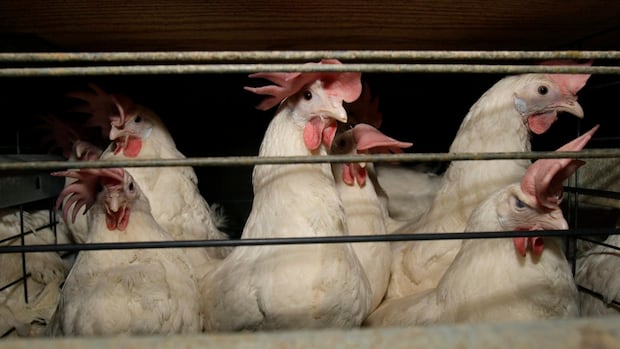
Russian economy meltdown as potato prices soar 167% | World | News
Published: 2025-07-08 06:44:41 | Views: 10
Vladimir Putin has been warned that Russia is facing an economic crisis as potato prices shoot up and fail to meet high demand. Prices of potatoes have skyrocketed by a staggering 167% over the last year, marking the most significant increase among foodstuffs. The Russian President admitted in May: "It turns out that we don't have enough potatoes. I spoke with [President of Belarus] Alexander Grigoryevich Lukashenko. He said, 'We've already sold everything to Russia'."
The soaring cost of this staple is attributed to poor harvests reducing supplies. Compounding this, households are turning to the typically affordable food option as their incomes shrink. Andrey Sizov, an expert on Russian commodities, said butter, eggs, and meat have also seen prices surge due to shortages.
He told The Telegraph: "My speculation is that supply went down, and actually demand went down a little bit.
"Potatoes are not an expensive food. In the previous two years, it was first of all poor Russians who were making more money. So they could consume something else – less potatoes, more meat and butter, for example."
With food prices on the rise and labour shortages persisting, inflation remains stubbornly high, causing significant fissures in the economy.
Economy minister Maxim Reshetnikov recently warned: "We're basically already on the brink of falling into a recession."
The pressure is mounting for Moscow to fix its economy, added Alexandra Prokopenko, a fellow at the Carnegie Russia Eurasia Center and a former adviser to Russia's central bank.
She cautioned: "Slowing economic growth coupled with high inflation leaves Russia close to stagflation."
However, as sanctions continue to bite and the costly conflict approaches its fourth year, Putin's strategies for economic revival are limited.
Prokopenko explained: "The central bank could cut interest rates. But that would risk another surge in inflation. Another option is for the government to increase spending, but this is also more likely to increase prices than stimulate growth.
"Protectionism is yet another option. But this only works at the expense of consumers. In other words, it is ordinary Russians who will feel the consequences – through either increased prices, falling income, or less choice on the shelves."
Source link







